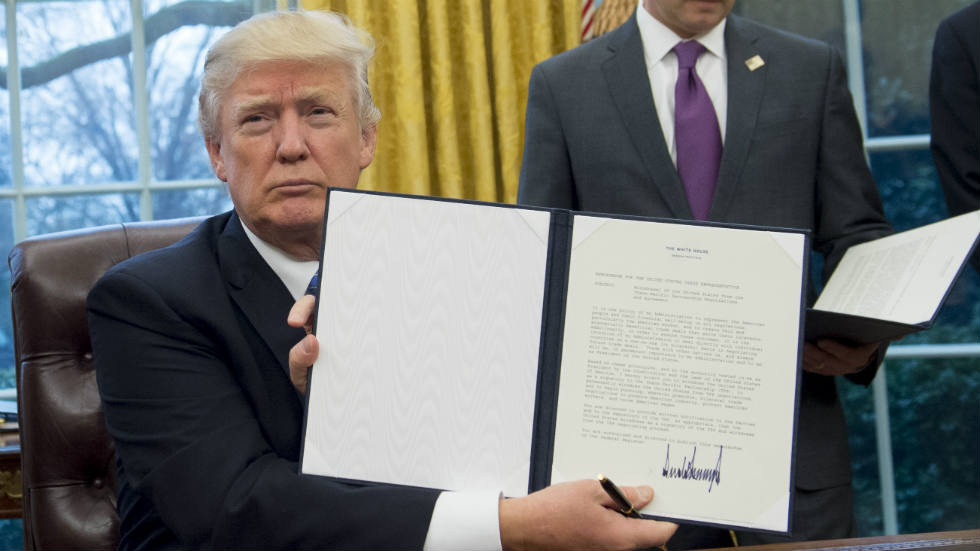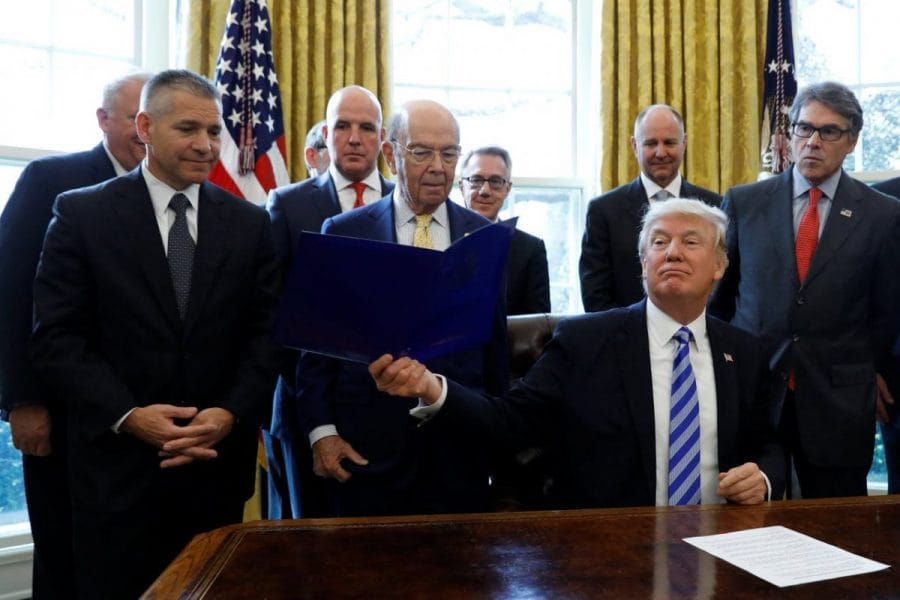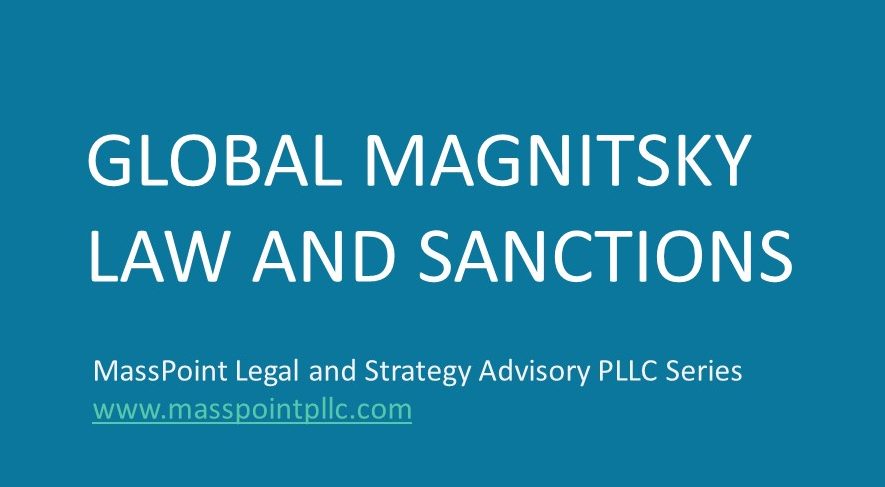Trump Administration Targets Chinese Dominance, Corruption in Africa
U.S. Lawmakers Raise Possibility of Magnitsky Sanctions on Chinese Officials
According to reports, members of Congress and other U.S. officials have raised the possibility of imposing U.S. financial and/or immigration sanctions on Chinese officials for human rights abuses in China's Xinjiang region. Quoted in the Washington Post, "Acting Deputy Assistant Secretary…
Congress Members Urge Trump Administration to Apply Global Magnitsky Sanctions to Sudan
In a March 28, 2018 letter to the Deputy Secretary of State, a bipartisan group of 57 members of Congress expressed "grave concern," following the partial lifting in late 2017 of U.S. sanctions against the Sudan, "about any U.S. policy that…
United States Directly Sanctions Foreign Government Officials for Corruption
Magnitsky Laws and Sanctions Series, No. 4 | April 6, 2018 | By Hdeel Abdelhady Departing from Prevailing Legal Standards, United States Directly Sanctions Foreign Government Officials for Corruption On December 20, 2017, the U.S. President issued Executive Order 13818 “Blocking the…








